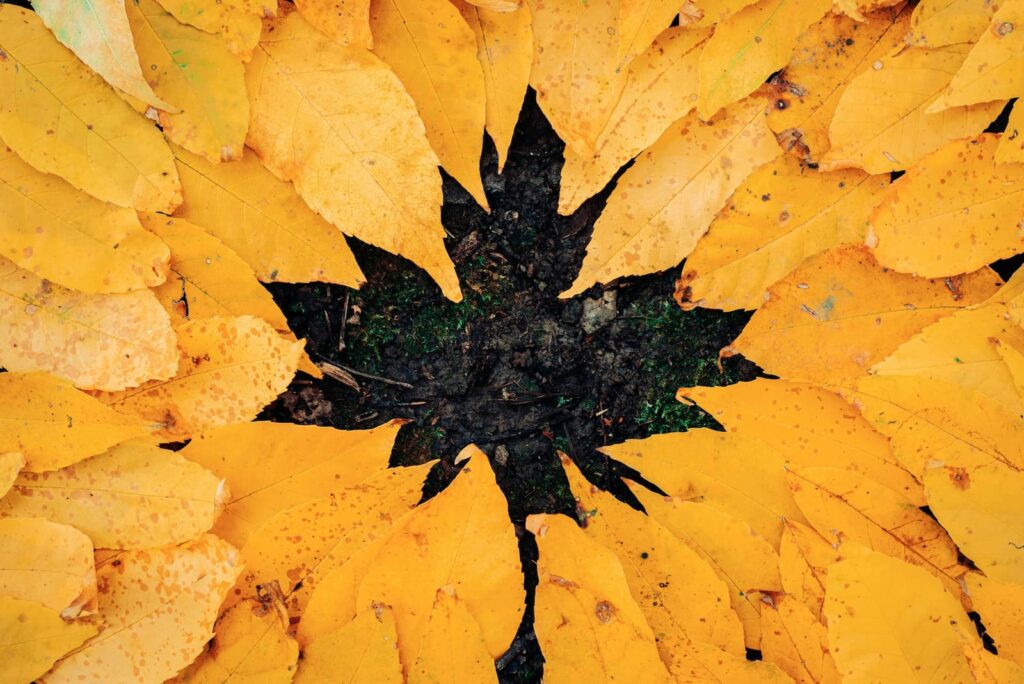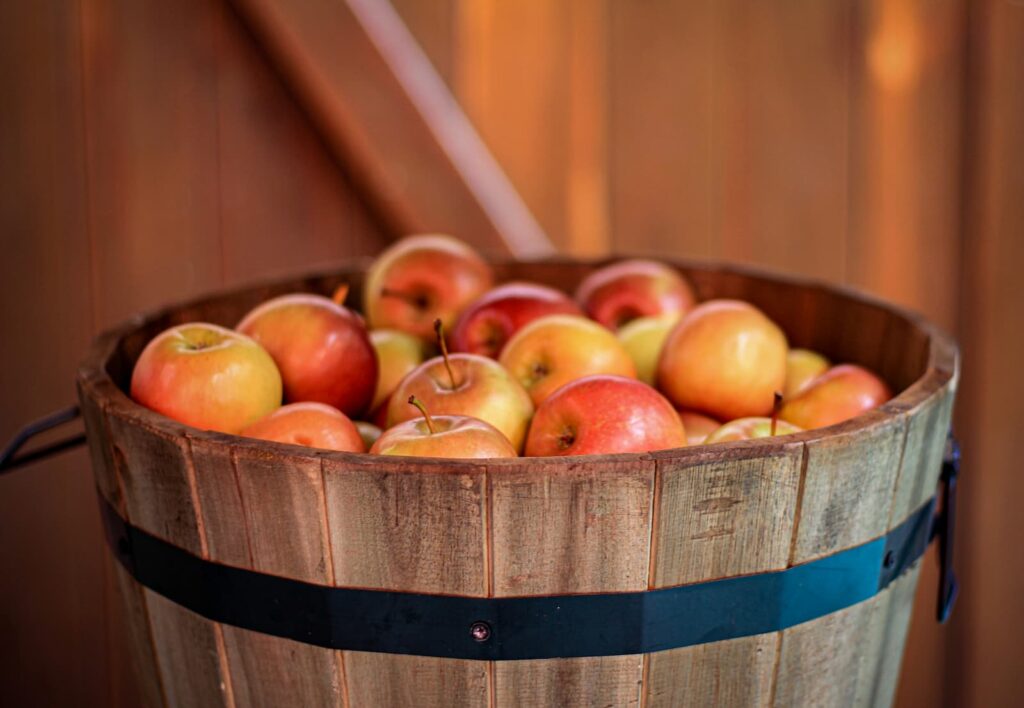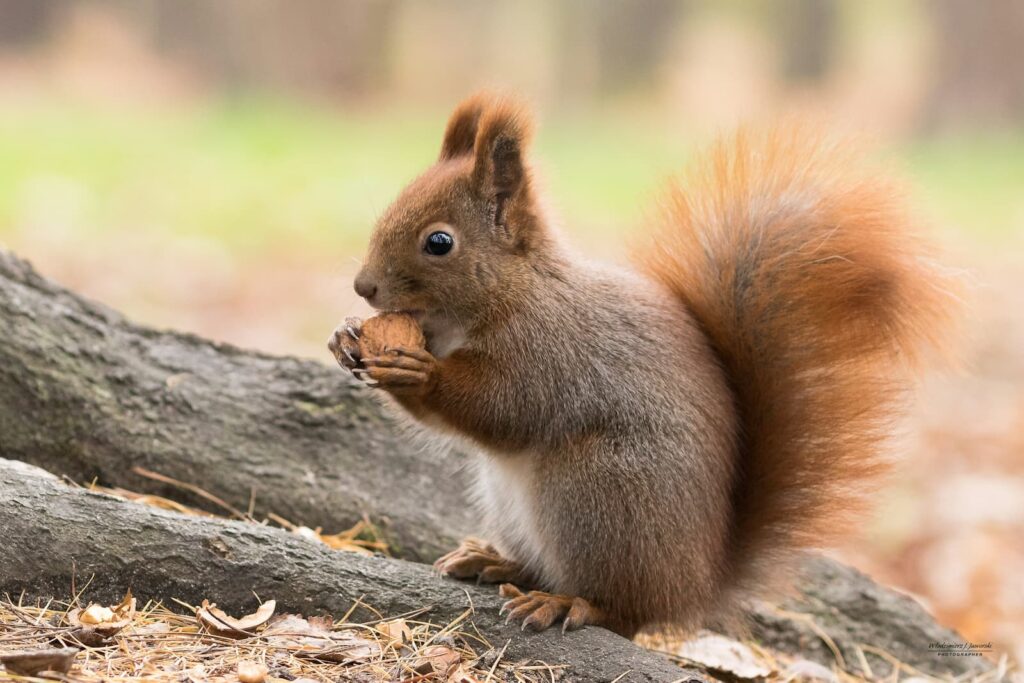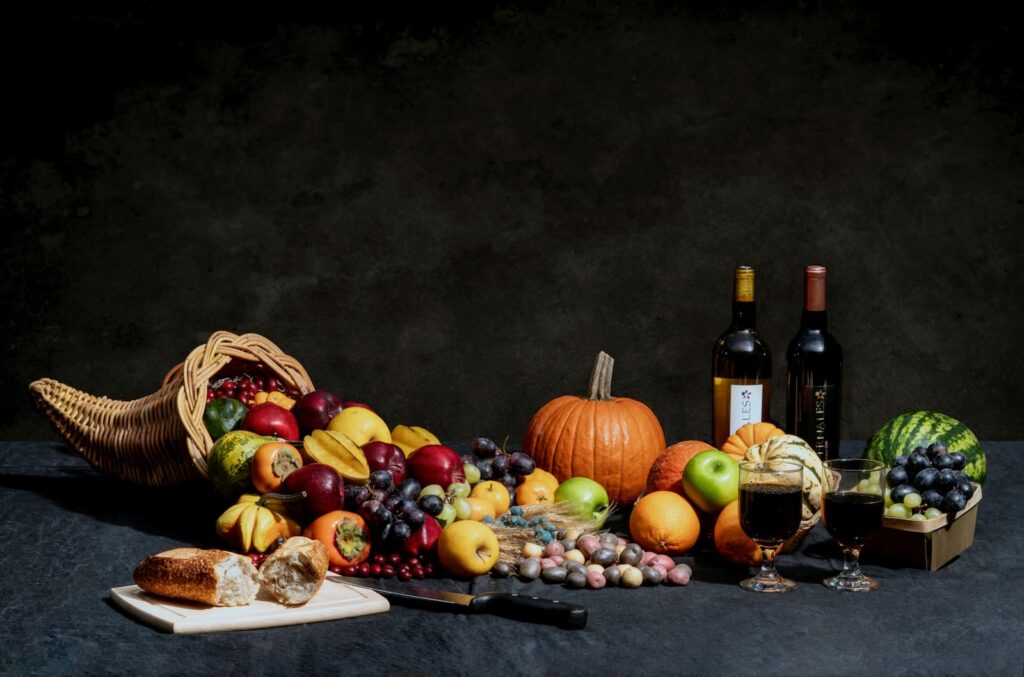
English Idioms for Autumn

The temperature's cooling down and the days are getting shorter. That means fall (or autumn) is here again!
To help you prepare for the season, this article will introduce some common English idioms related to autumn along with useful example sentences. Let's go!
English Fall Idioms

Ripe for the picking
Because fall is the time of harvest, there are many fall idioms related to food.
First, "ripe" describes fruit or grain that's mature and ready to be eaten.
These bananas aren't quite ripe yet.
Similarly, we use the idiom "ripe for the picking" to describe anything that is ready to be used or acted on.
There's a whole new market of potential customers ripe for the picking.
The apple of one’s eye
Apples are a common symbol of autumn. Someone who is the "apple of your eye" is a very special and important person to you.
My son is the apple of my eye.
A bad apple
Just like all apples aren't good to eat, there are bad people mixed in with good ones.
We call these kinds of people, who are likely to have a negative influence on the people around them, "bad apples."
Most of the neighborhood kids are nice, but there are a few bad apples too.
Nuts about (something/someone)
Nuts are tasty treats people often enjoy in the fall, but "nuts" is also an adjective that means "crazy."
Are you nuts?! You can't lift that heavy sofa by yourself!
However, the idiom "nuts about ~" means being very enthusiastic about someone or something.
Sam is nuts about hiking and rock climbing.
My daughters are nuts about their favorite K-pop group.
Squirrel something away

When you "squirrel something away," you hide it or keep it someplace safe so you can use it later — just like squirrels hide nuts!
I've been squirreling some money away each month to save for a vacation next year.
Reap what you sow
"Sow" means "to plant (a seed)," and "reap" means "to collect what has grown."
We put the two together in the expression "reap what you sow" to talk about the consequences or results of one's actions in the past.
This idiom is often used as a warning or with a negative nuance.
It's important to always be fair in business; you reap what you sow, you know.
The politician's early scandals eventually ruined his career, but you reap what you sow.
Old chestnut
In addition to nuts from a particular type of tree, a "chestnut" can also be an old story or joke that has been told many times in the past.
John tells the same old chestnuts at the holiday party every year.
Pumpkin
Pumpkins are common in fall foods and decorations, especially around Halloween. But did you know that "pumpkin" is also a "pet name" some people use for their romantic partners?
Happy birthday, pumpkin. I got a special gift for you.
Cornucopia

A "cornucopia" is a horn-shaped container full of things like fruits, vegetables and flowers. This symbolizes abundance and a full harvest.
However, we also use this word in other contexts to refer to having plenty of something.
The weekly writer's club meeting is a cornucopia of ideas and inspiration.
In the autumn of one’s life
This expression refers to the later years of one's life, after middle age.
Although she's in the autumn of her life, my aunt is just as active as people 20 years younger than her.
Bonus: Fall Weather Vocabulary
Nippy
Fall is when the weather gets cool — but it's not quite cold yet. "Nippy" is a common casual adjective to describe weather like this.
It's going to be a bit nippy today, so be sure to bring a light jacket.
Crisp / Brisk

These two adjectives are similar to "nippy," but also include the nuance of freshness.
The weather today is crisp and refreshing.
"Brisk" is often used specifically to describe the wind.
I went for a walk in the park this morning to enjoy the brisk autumn breeze.
Foliage
We use "foliage" to describe trees, bushes and other plants that have changed color in the fall.
This hiking trial is an amazing place to see the fall foliage.
Wrap-up
Summer may be over, but it's never too late to improve your English!
If you'd like to practice using any of these fall idioms in a real conversation, book a 25-minute English lesson on Engoo. Engoo tutors are in countries around the world and are available to help you any time of day. Try it out!



